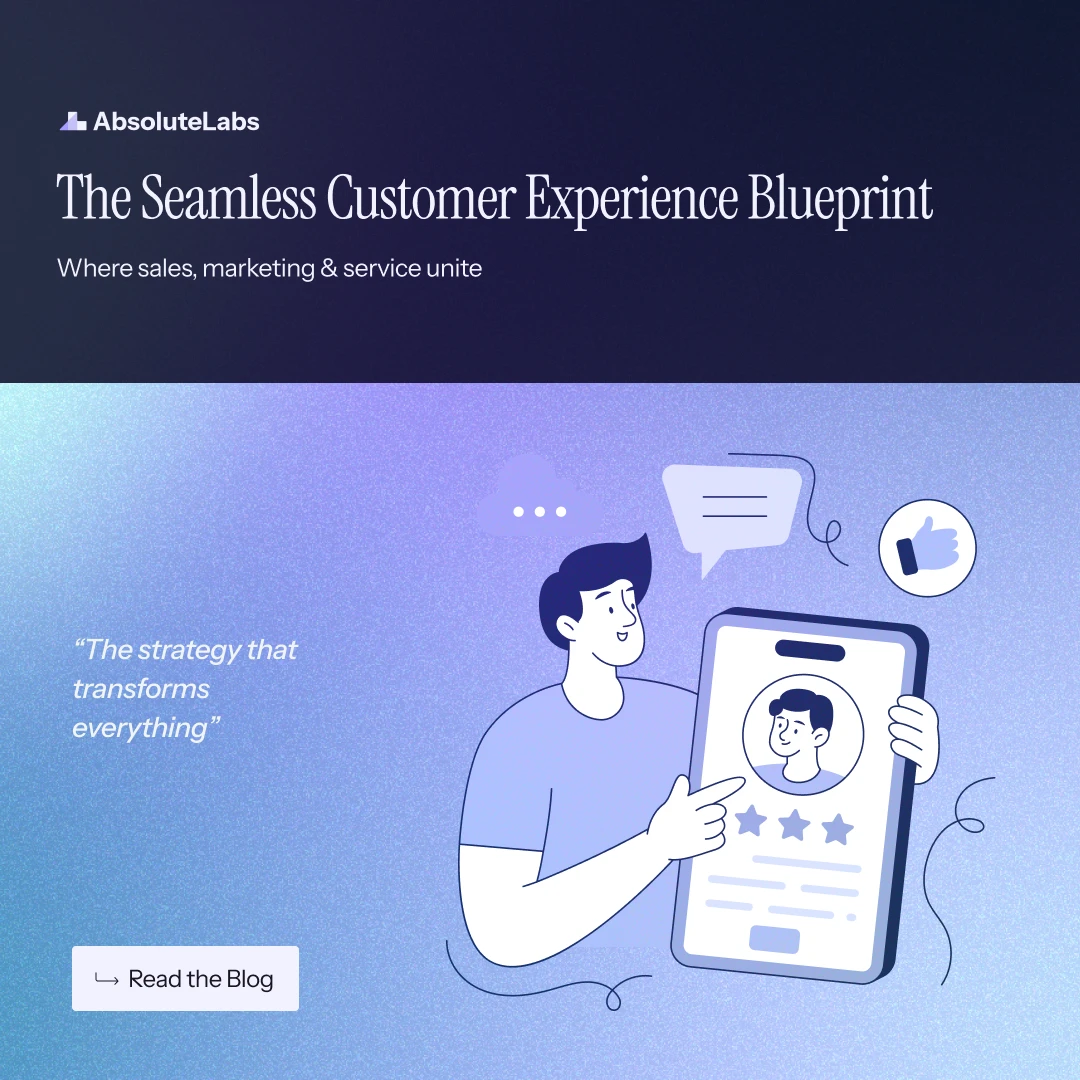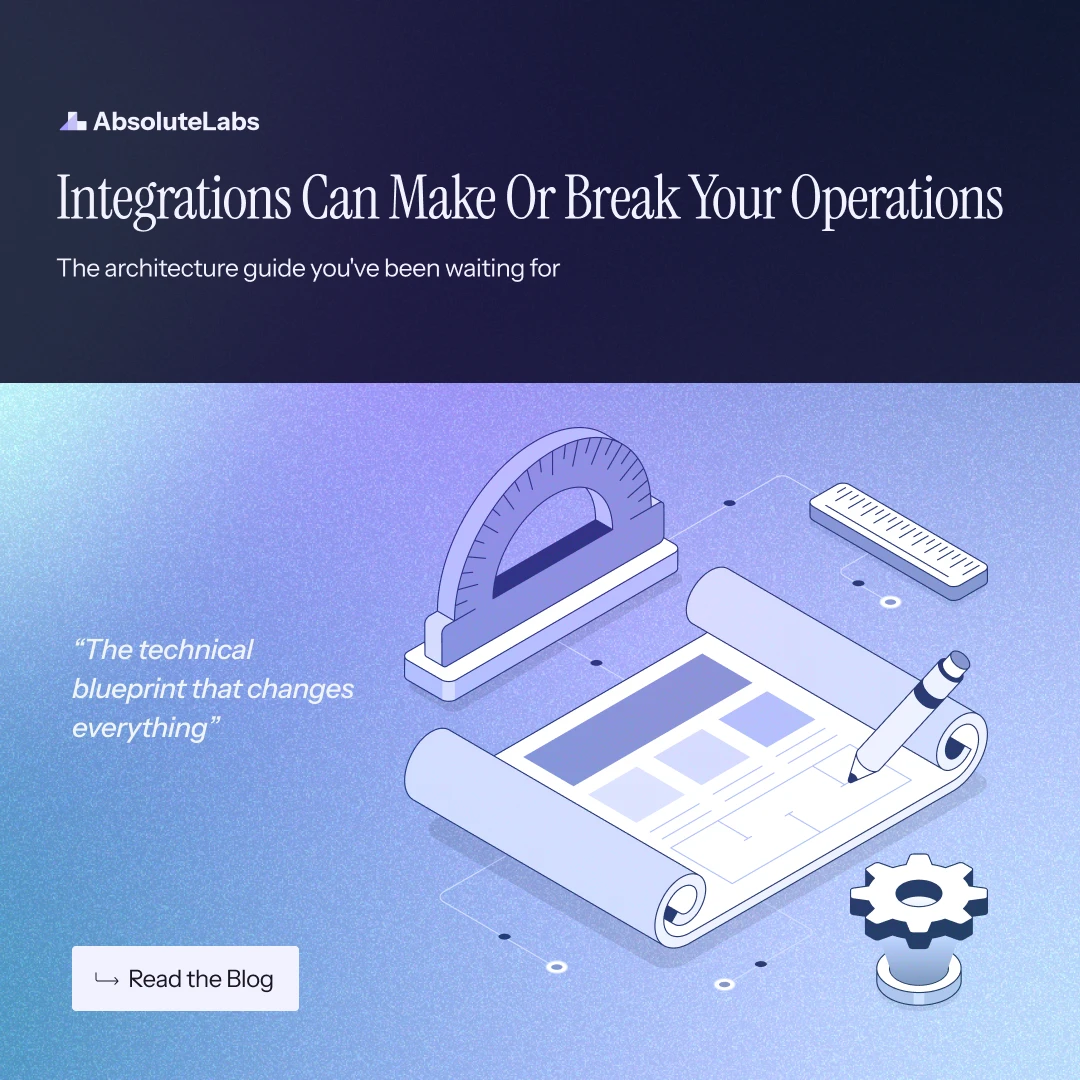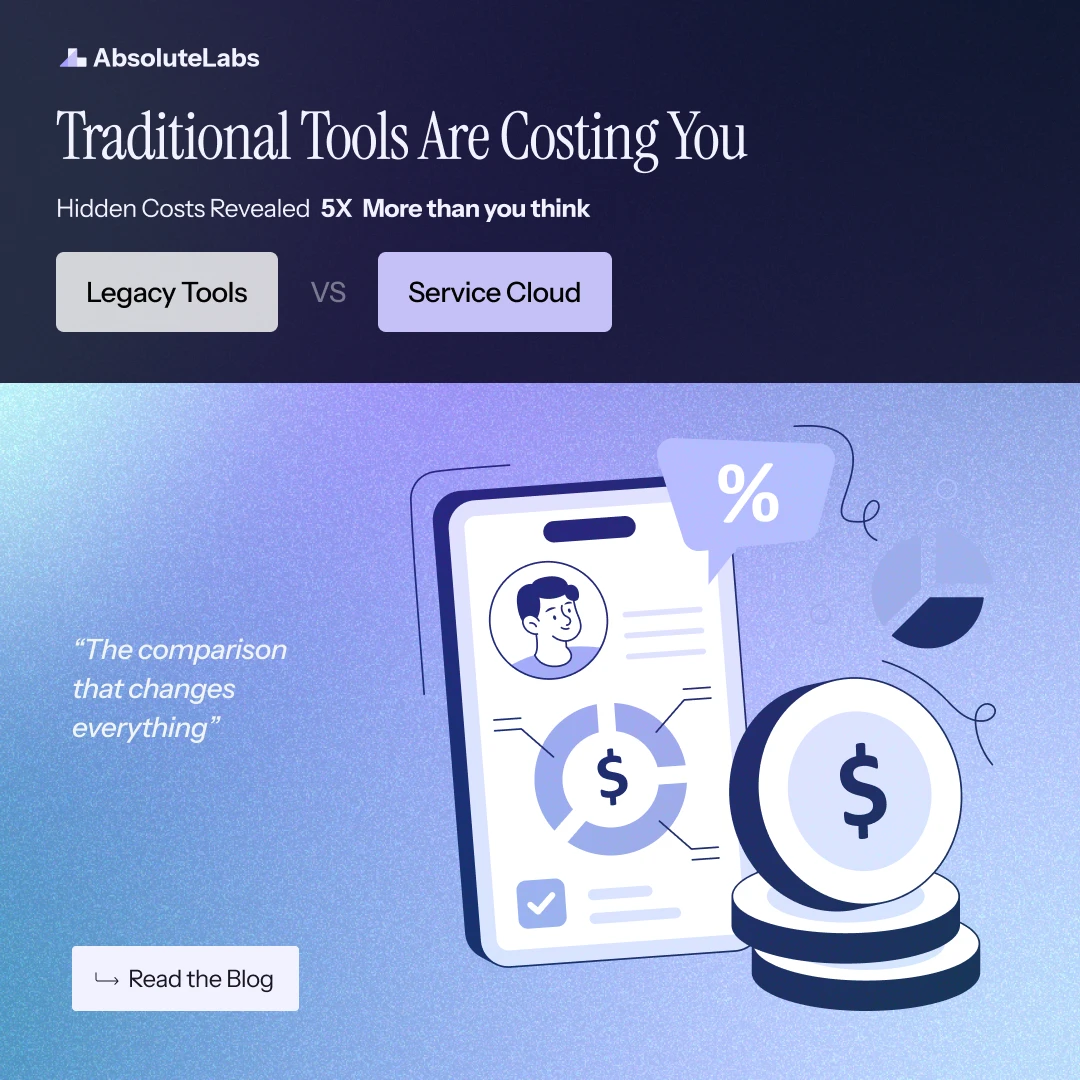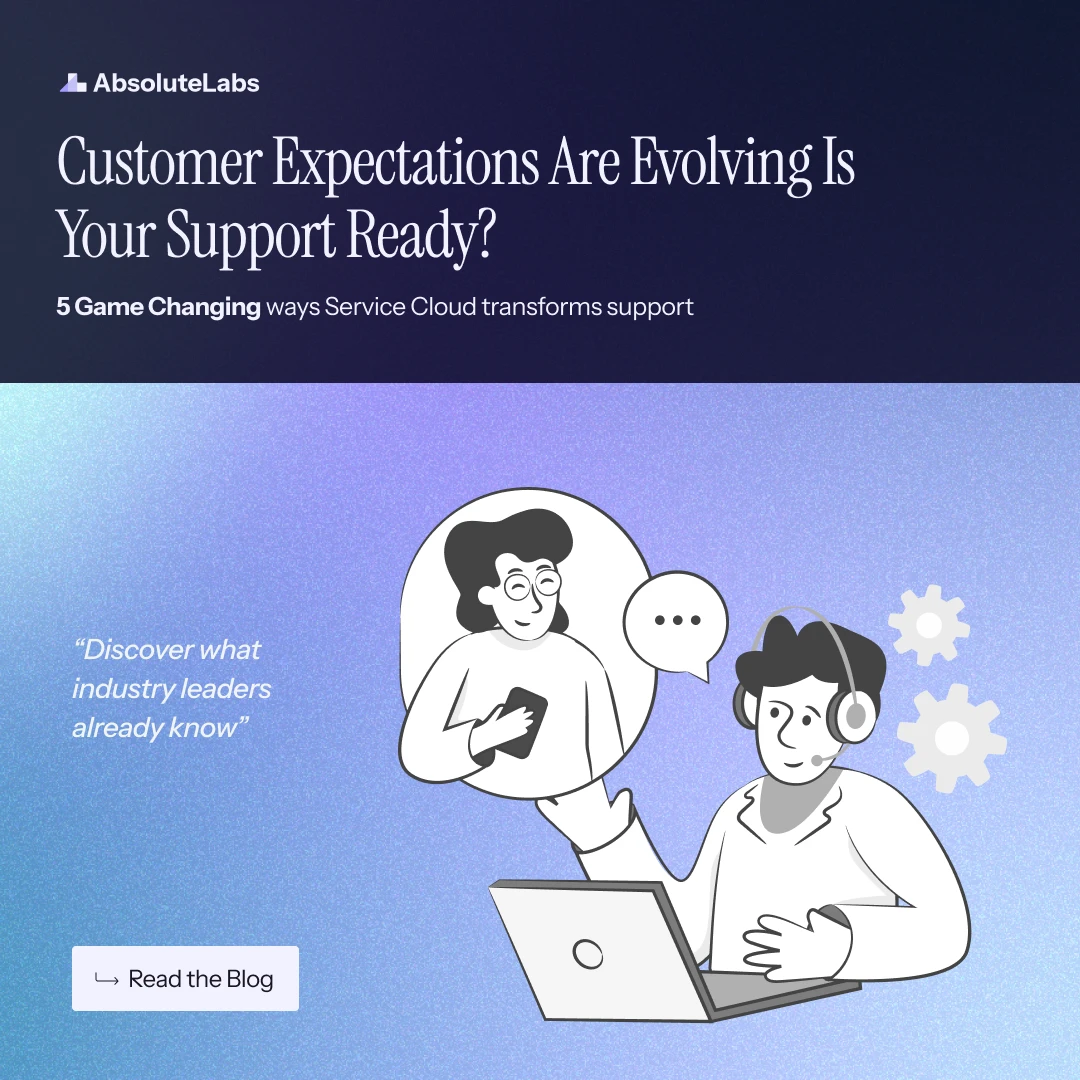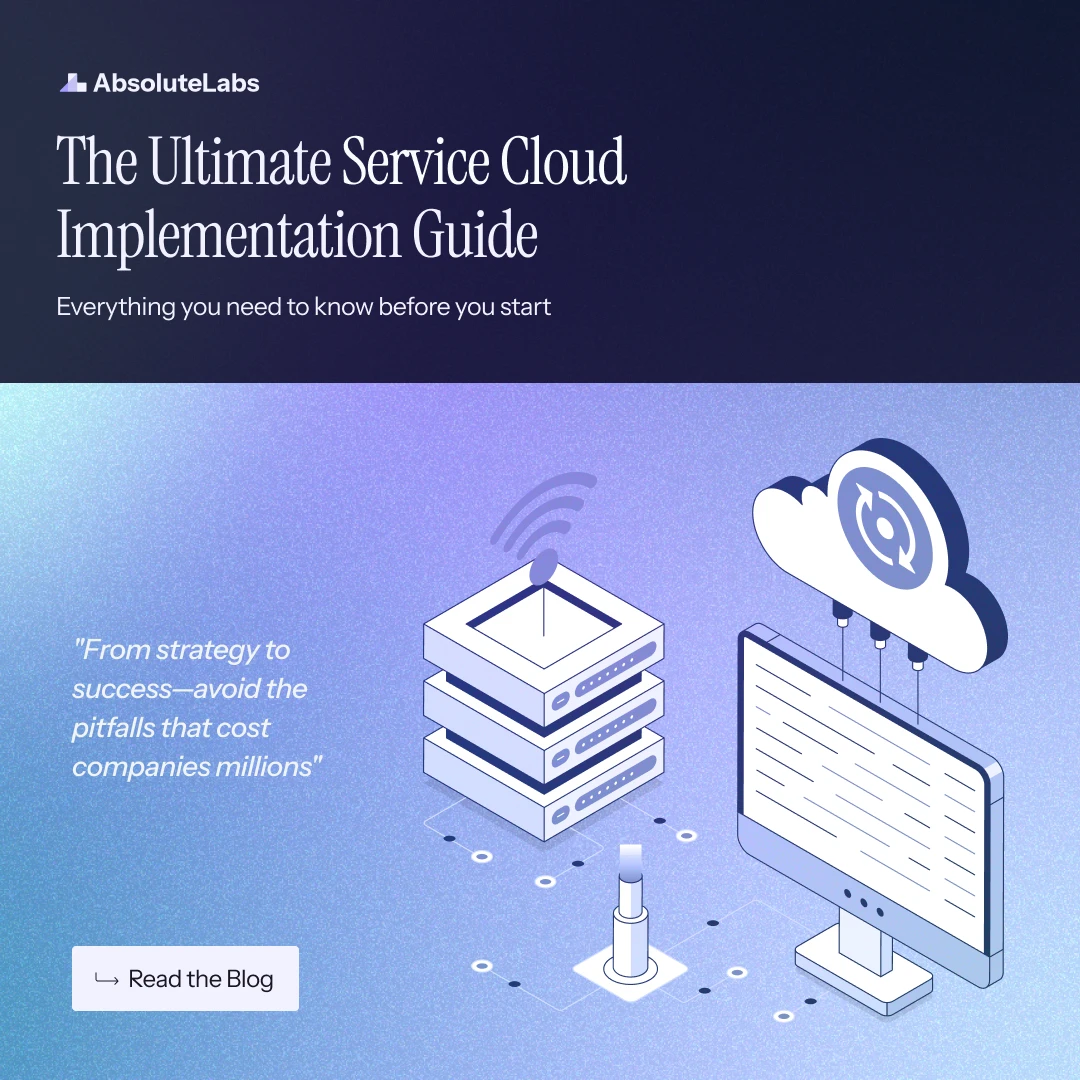7 Critical KPIs to Track After Salesforce Service Cloud Implementation
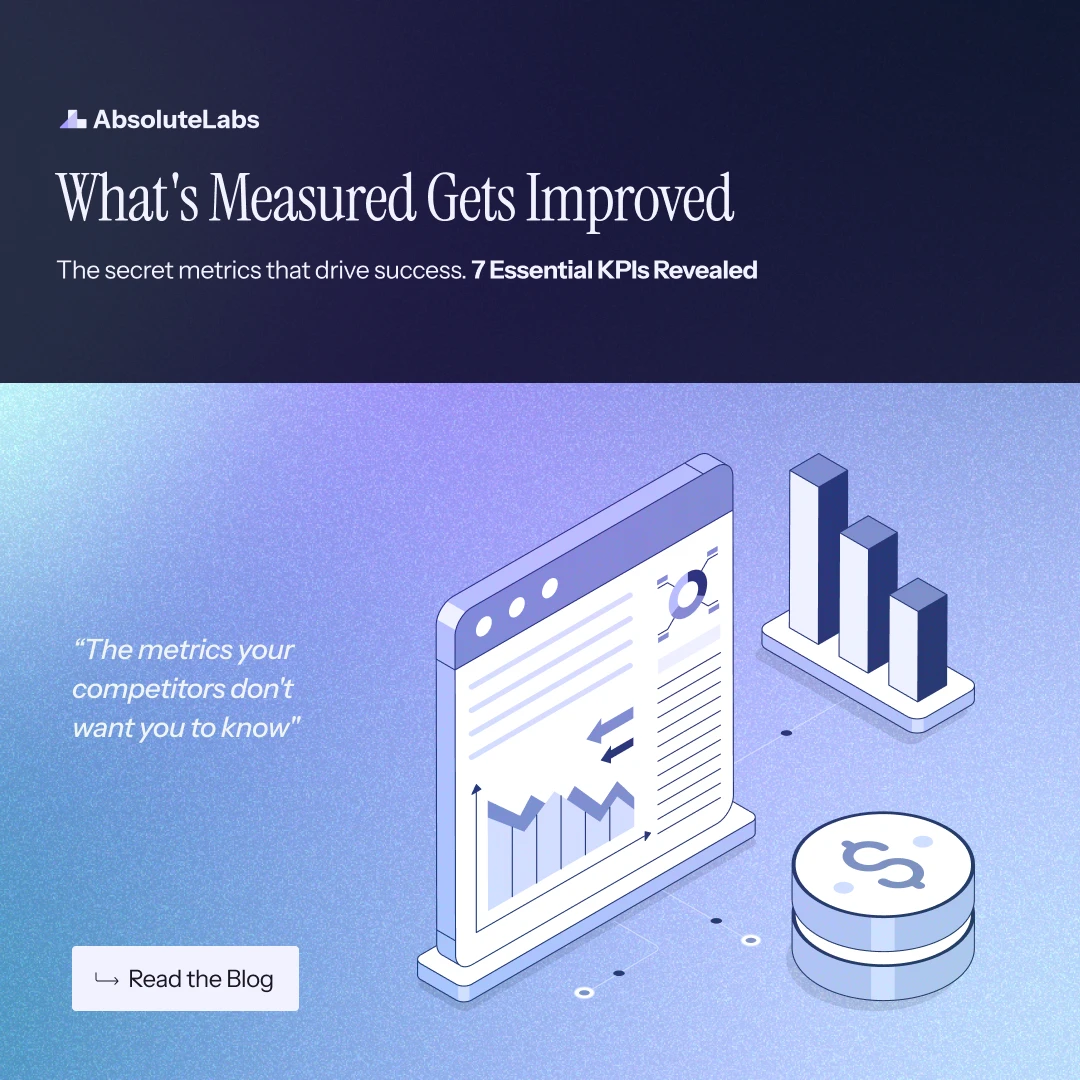
The implementation of Salesforce Service Cloud transforms customer support operations in a profound manner. Businesses that use the Service Cloud platform saw a 30% boost in customer satisfaction from quicker responses and personalised support.
This image is for illustrative purposes only (our UI/UX team may design a similar infographic)
However, to evaluate how well Salesforce Cloud Services works for your business and ensure continuous improvement, you need to monitor certain KPIs (key performance indicators). These metrics offer valuable insights to assess your support team's effectiveness and gauge customer satisfaction with their interactions.
Here are 7 critical KPIs for you to track after Salesforce Cloud Service implementation in your organisation:
1. Customer Satisfaction Score (CSAT)
CSAT measures how happy customers are with your service. Collected through surveys after interactions, this metric gives direct feedback on what customers think.
An increase in CSAT means your team is meeting customer expectations well, while a drop might point out areas that need attention. Keeping an eye on CSAT helps to tackle issues promptly and make service quality better.
2. First Contact Resolution (FCR)
FCR assesses the percentage of customer issues resolved in one go, without needing follow-ups or escalations.
When FCR is high, it indicates that your team is good at fixing issues and solving problems, which builds customer trust & satisfaction. On the flip side, if FCR is low, it might mean the support staff needs more training or lacks the right tools, so it's worth looking into.
3. Average Handle Time (AHT)
AHT shows how long it takes, on average, for agents to resolve customers' issues. This includes the time they spend conversing (talk time), putting customers on hold (hold time), and performing post-call work. It's important to attain the right balance with AHT.
While shorter times can mean things are running well, calls that are too quick might lead to poor service. Monitoring AHT helps to improve how things work and makes sure agents have what they need (Salesforce Service Cloud Voice) to assist customers efficiently.
4. Case Escalation Rate
Case escalation rate is a metric that shows how often cases need to be sent up to higher support levels. A high escalation rate could mean that front-line personnel do not have the appropriate skills or authority to resolve issues. This leads to longer times to resolve issues, which in turn causes customer dissatisfaction.
Through the analysis of escalation patterns, businesses can identify training needs and empower agents to handle a wider range of problems independently.
5. Service Level Agreement (SLA) Compliance
SLA compliance measures how often service requests are handled within the agreed-upon timeframes. When an organisation consistently hits or exceeds its SLA targets, it proves its reliability and also builds customer confidence.
Reviewing SLA compliance regularly can help plan resources and spot potential bottlenecks in delivering services.
6. Agent Productivity
Agent productivity evaluates the efficiency of support agents in getting things done. It takes into account factors like how many cases they handle, how often they solve problems, and if they stick to their schedules.
When productivity is high, it indicates agents are well-trained, motivated, and have streamlined work processes. Keeping an eye on this key metric helps spot top performers, identify those who need support, and also ensure optimal staffing levels.
7. Customer Effort Score (CES)
CES measures the ease with which customers can obtain a resolution to their problems. Lower scores indicate that customers can use support channels and get help hassle-free. This leads to higher customer satisfaction and loyalty.
Tracking CES gives insights into potential friction points where customers might struggle in their journey, and opportunities to make processes simpler for them.
Final Thoughts
Keeping tabs on these seven KPIs after you implement Salesforce Service Cloud gives you a comprehensive view of how well your customer service team is performing.
When you regularly track these metrics and analyse them, your company can spot what's working, identify areas for improvement, and make informed decisions to boost agent performance and customer satisfaction. Regular assessment of these KPIs often makes sure your service stays in line with your company goals and can adapt to changing customer needs.
At AbsoluteLabs, we help businesses get the most out of their Cloud Services Salesforce investment. Our expertise makes sure your company keeps track of and uses KPIs to deliver high-quality customer service. From developing methodologies to implementing solutions and delivering continuous assistance, AbsoluteLabs remains committed to equipping your staff with the resources and knowledge they need to enhance performance and thrive.
Collaborate with us to transform your customer service operations and deliver quantifiable outcomes.




.jpg)


